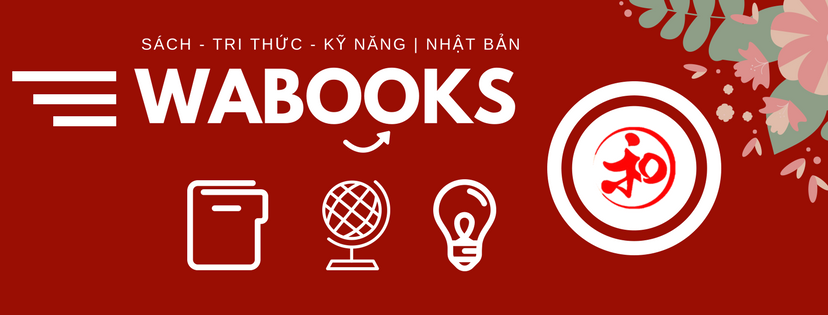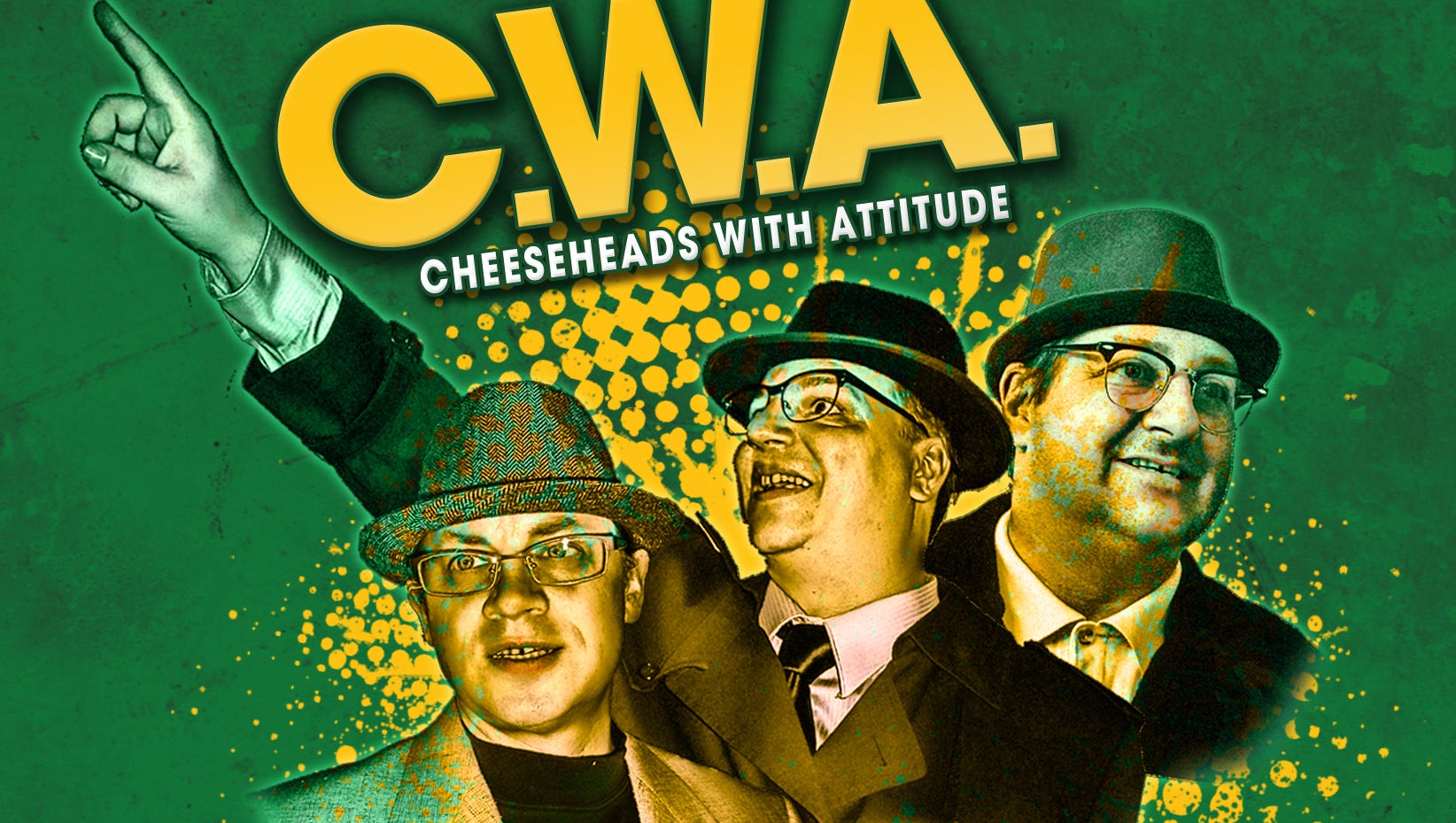ZERO KBy Don DeLillo274 pp. Scribner. $27.
Something feels not quite right about subjecting Don DeLillo to the ordinary critical apparatus. I don’t read a DeLillo novel for its plot, character, setting; for who betrayed whom and how hard life with Mother was; for Phoenix days and Bombay nights; or for how to tune a fiddle. I read a DeLillo novel for its sentences. And sentence by sentence, DeLillo magically slips the knot of criticism and gives his readers what Nabokov maintained was all that mattered in life and art: individual genius. Sentence by sentence, DeLillo seduces. And I don’t just mean on the question of thumbs up or down; I mean that his sentences juke and weave around the best defenses, so that not only is the playing field of the past 50 years strewn with conservative critics of all stripes, but text, subtext, ultimate meanings remain elusive and the game, at least in part, now seems original to him.
For instance. Charles Maitland, a British security consultant in DeLillo’s 1982 novel “The Names,” compares Western expatriates — diplomats, businessmen, risk analysts — to members of the British Empire whose insouciant lives were full of “opportunity, adventure, sunsets, dusty death.” Even with so dour a conclusion, it all sounds winsome and romantic in Maitland’s formulation, which fails to take into account at whose expense opportunity and adventure are made. Later, Maitland complains: “They keep changing the names . . . Persia for one. We grew up with Persia. What a vast picture that name evoked. A vast carpet of sand. . . . I find I take these changes quite personally. . . . Every time another people’s republic emerges from the dust, I have the feeling someone has tampered with my childhood.” Clueless but effervescent, this is wit and world-weariness as two sides of the Western coin, the sort of thing one might smile at when spoken at a cocktail party. But it masks a deeper intent. DeLillo artfully reveals Maitland’s Western view of things while guiding the reader to ask: Who’s changing the names, and why? Smile, and the history of colonialism and the civil wars it ignited will be scrubbed out with a quip.
Local pleasures make palatable DeLillo’s deep and disquieting engagement with the world on many levels: social, political, philosophical, linguistic, interpersonal. In book after book, his characters fall through constructed surfaces and constructed selves into deeper, more terrifying but also more numinous realities. They quest for truer or purer or more permanent identities, for the hidden key that will resolve them of their limitations, weaknesses and mortal bearings. More often than not, that quest leads to disillusionment and death. Thus does David Bell, in “Americana,” hope to discover in the small towns and bit players of this uncontainable country something that will make him one with the pure incandescent image. Thus does Owen Brademas, searching in “The Names” for the resolution of a fallen world in a language of divine order, find that search travestied by a murderous cult seeking similar ends. And thus does Lee Harvey Oswald, in “Libra,” hope to be absorbed into History with a single act of violence in order to be absolved of his otherwise small and insignificant self.
In “Zero K,” DeLillo’s 16th and latest novel, Jeffrey Lockhart arrives in the middle of the desert at a remote compound called the Convergence. Variously described as an “endeavor,” a “faith-based technology” and “the first split second of the first cosmic year,” the Convergence is a cross between a think tank and a state-of-the-art hospice: the Santa Fe Institute meets Sloan Kettering, with a dollop of Heaven’s Gate, all of it given over to Christo for interior decorating. Whatever it is, the Convergence coolly ignites the imagination. Jeff hopes to get his bearings, at least geographically, when he asks his father, the billionaire Ross Lockhart, where they are. “The nearest city of any size is across the border, called Bishkek,” Ross answers from deep within blastproof walls. He continues: “Once you know the local names and how to spell them, you’ll feel less detached.”


